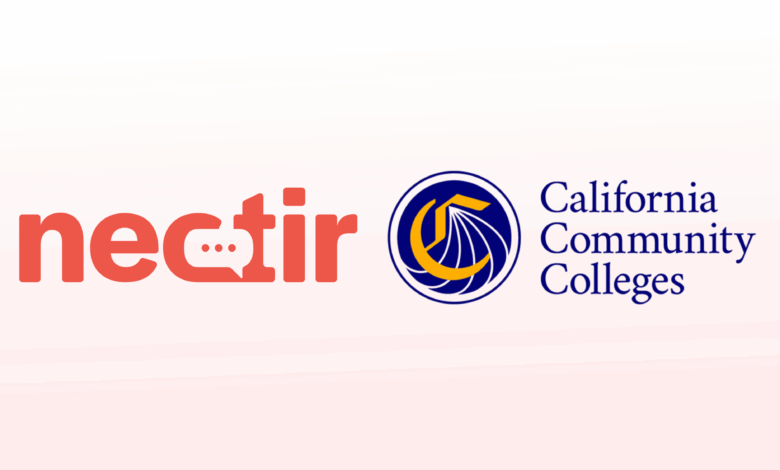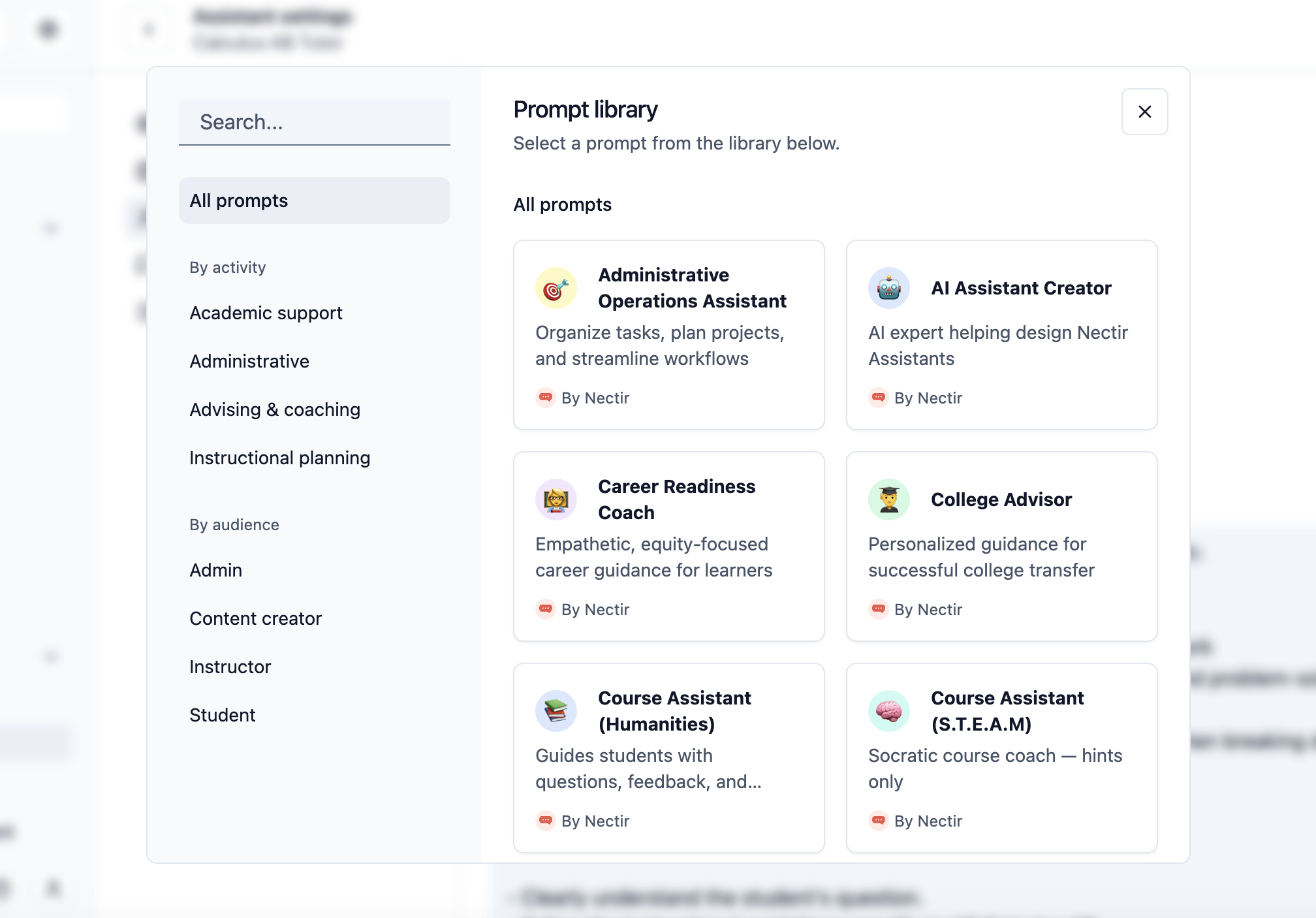
Nectir, a leading AI edtech developer, today announced an expanded pilot partnership with the California Community Colleges (CCC), the nation’s largest higher education system. The rollout will make Nectir’s FERPA-compliant AI assistants accessible to all 2.1 million students at 116 CCC campuses.
The move follows a 2024–2025 pilot in which 260 instructors used Nectir with 8,000+ students. Faculty feedback was positive, with 86% of instructors rated their experience as excellent or very good, and nearly half gave Nectir a 10/10 recommendation. Initial analyses point to gains in GPAs and pass rates.
“Our goal is simple: give every instructor and student a safe, course-aware assistant that drives better learning outcomes,” said Kavitta Ghai, Nectir’s co-founder and CEO. “This shows it can be done at statewide scale while supporting educational equity, data privacy, and academic integrity.”
“We’re encouraged by early signals of engagement and impact and remain committed to rigorous evaluation,” said Craig Hayward, Visiting Executive of Strategic Research and Innovative Design at the Chancellor’s Office. “We’re studying qualitative experiences and quantitative outcomes like grade points earned, withdrawals, and pass rates very closely.”
What’s rolling out
Nectir’s platform plugs into campus’ existing learning management systems (LMS) and lets instructors and students create assistants tuned to specific courses and departments. The company says the system supports GPT-4.1, Claude Sonnet 4, and Gemini 2.5 Pro, with guardrails for safety and privacy. The statewide deployment includes:
- Unlimited assistant creation for courses, departments, programs, or personal study
- LMS integration and a support center with how-to guides
- AI literacy resources and best-practices templates
- Training and onboarding for faculty and staff
- Regular feedback sessions with an educator community
Nectir positions its tools as “course-aware” helpers rather than generic chatbots. Instructors can set objectives, provide source materials, and define boundaries. Students can ask for explanations, practice problems, outlines, or feedback that is tied to the course content. The system is FERPA-compliant and integrates with existing LMS workflows to keep materials and rosters in one place.

Why it matters
California Community Colleges serve 2.1 million students across 116 campuses. If the program scales and the measured impact holds, this could be one of the first large, quantifiable looks at how AI assistants affect outcomes in public higher ed at state scale. That includes questions many leaders care about: equity, course completion, withdrawal rates, and whether AI can reduce gaps across different learner groups.
Faculty in the study also point to how assistants can shape student habits. Diana Ortiz, a professor at Palomar College who took part in the pilot, said Nectir helped students approach complex texts “with confidence and critical awareness,” and gave them a way to question both the sources and the AI itself, skills she views as core to academic work.
Robert Cormia, Chemistry Professor in the Foothill De Anza College District said “AI can be a game-changer in addressing equity goals, but successful adoption depends on faculty showing students how to use these tools responsibly. I strongly believe that all students should utilize AI to reach their full potential as students and have access to oracles of knowledge and reasoning engines. The pilot with Nectir AI presents an opportunity to put powerful learning tools in every student’s hands, but it’s up to us as educators to ensure those opportunities are fully realized. That’s how AI ultimately supports everyone.”
The broader context
Colleges are moving quickly but cautiously on classroom AI. The promise is personalization at scale, faster feedback, and more time for instructors to teach. The risk is over-reliance, accuracy issues, privacy, and academic integrity. California’s approach here is notable: start with a defined pilot, measure across a large population, then expand while continuing to study impact. If the data shows clear gains, especially for students who need the most support, it could shape how other large systems roll out similar tools.
To learn more about Nectir, you can visit https://www.nectir.io/.



